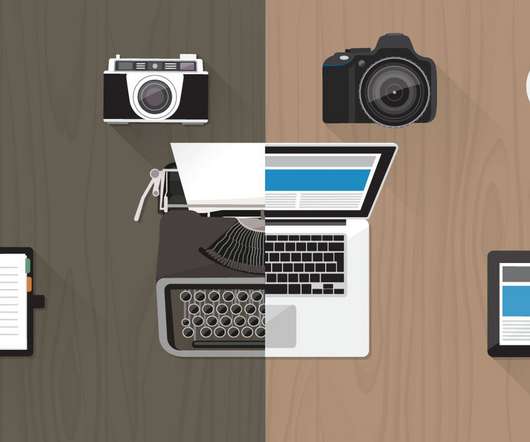Innovation In E-learning In The Last 10 Years
EdTech4Beginners
MARCH 7, 2018
Gamification in the Learning Process. Gamification means integrating game mechanics and learning content together to retain and improve skills of a person using it. Millenials are inclined towards using a mobile device which gives support to gamification as an e-learning innovation. Learning Management System (LMS).
















Let's personalize your content